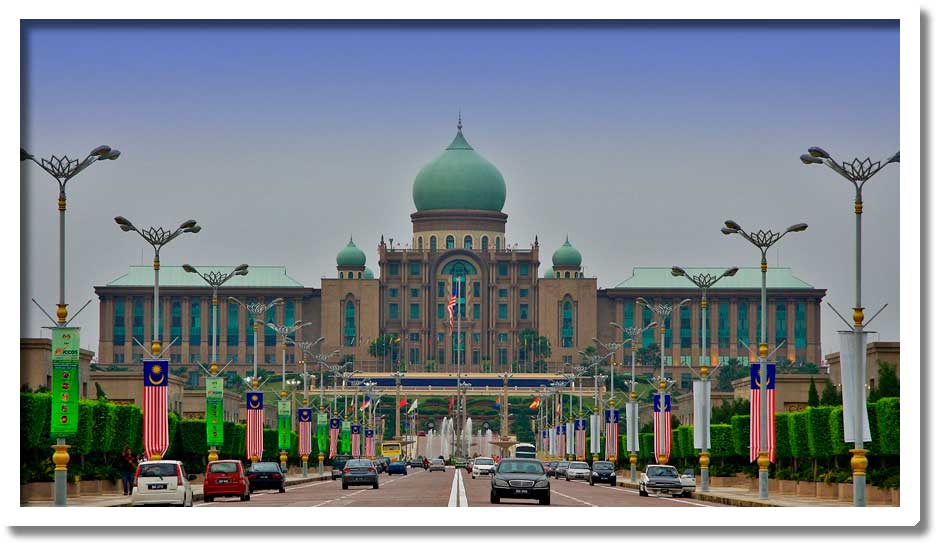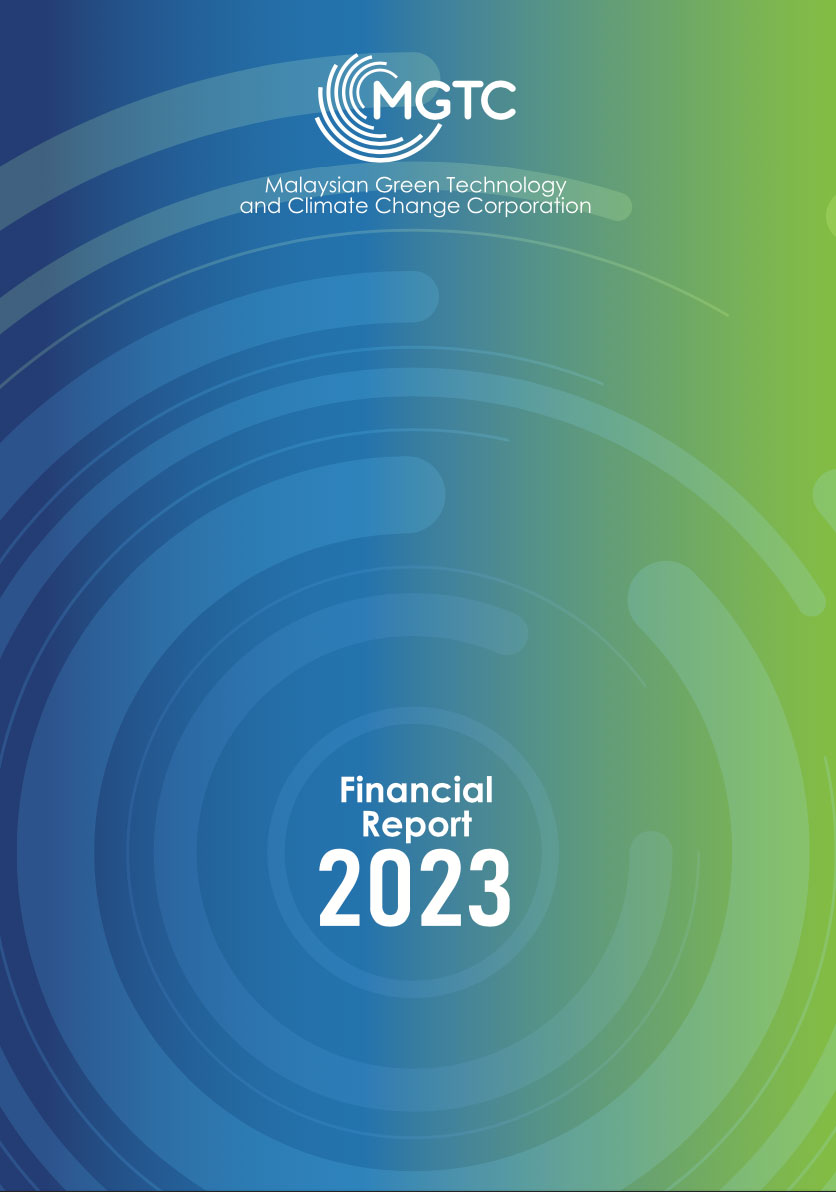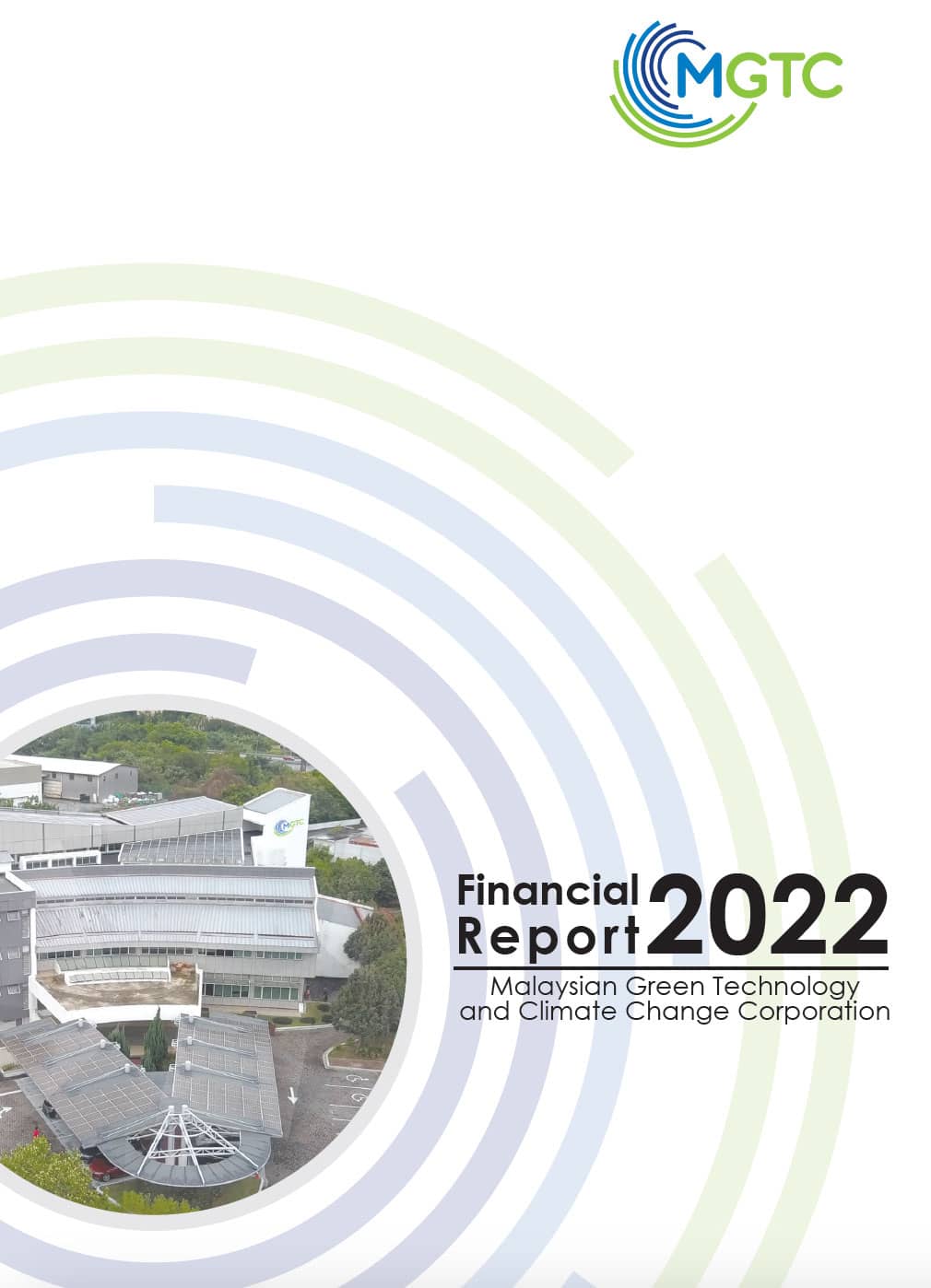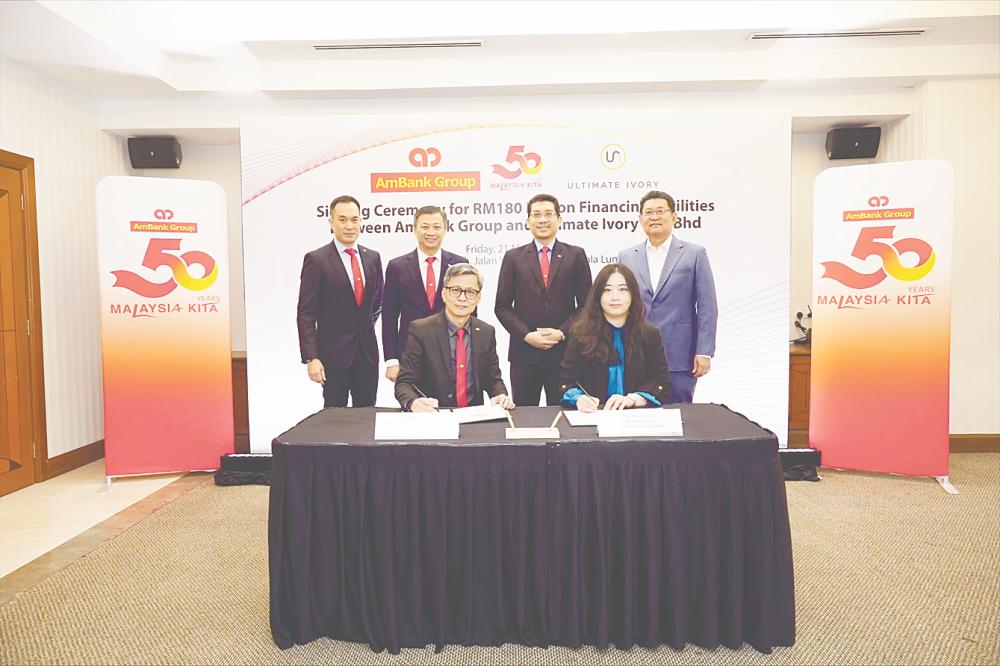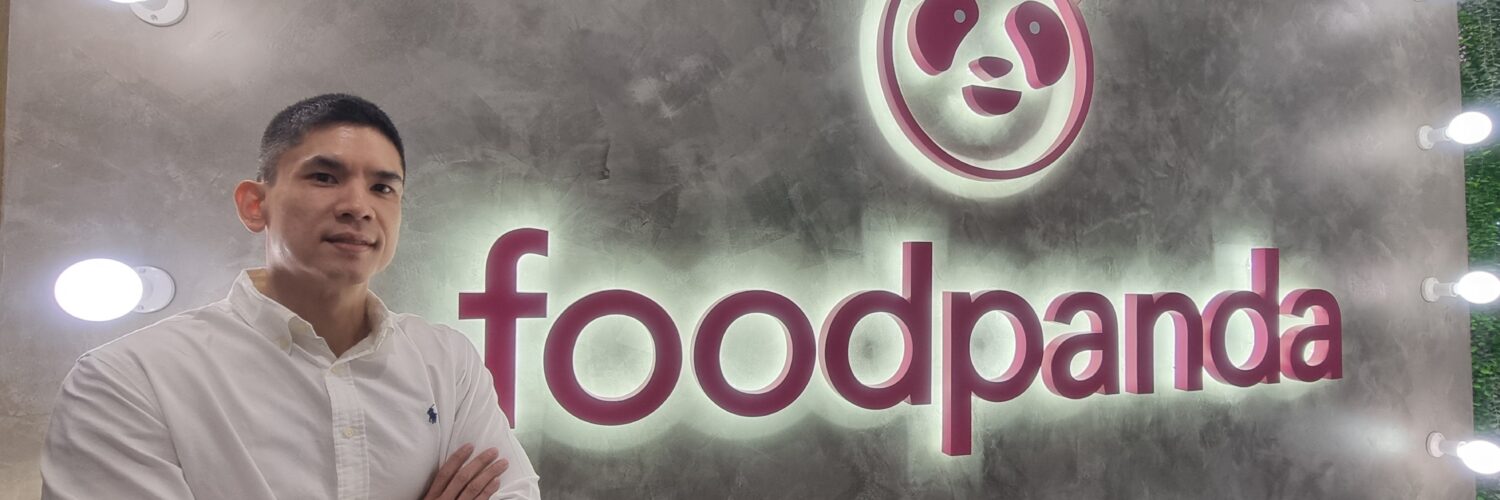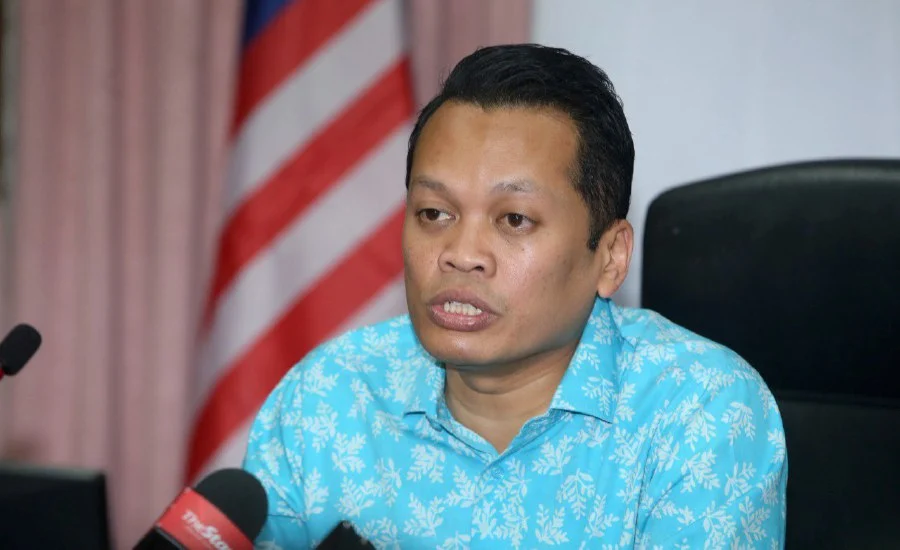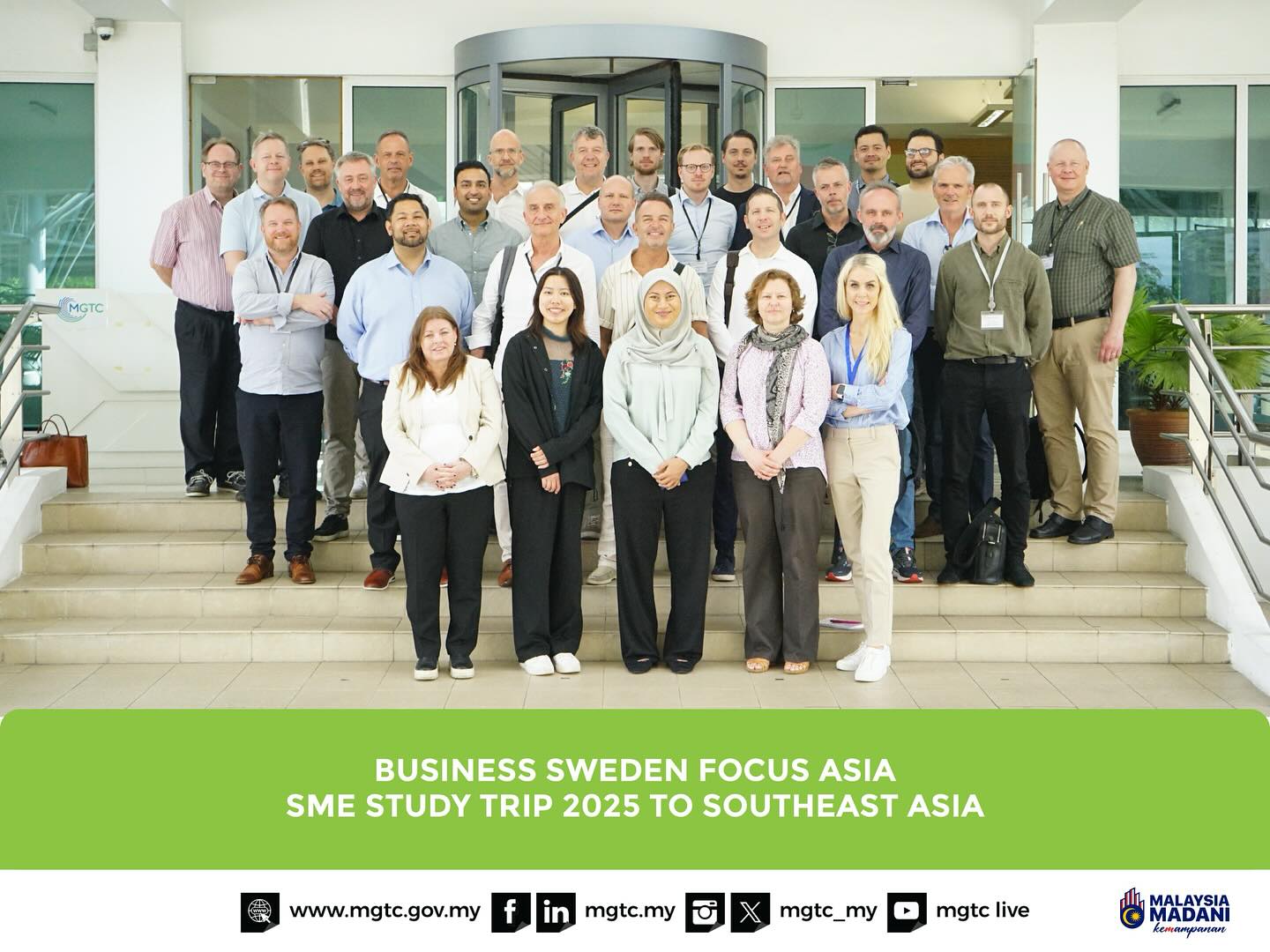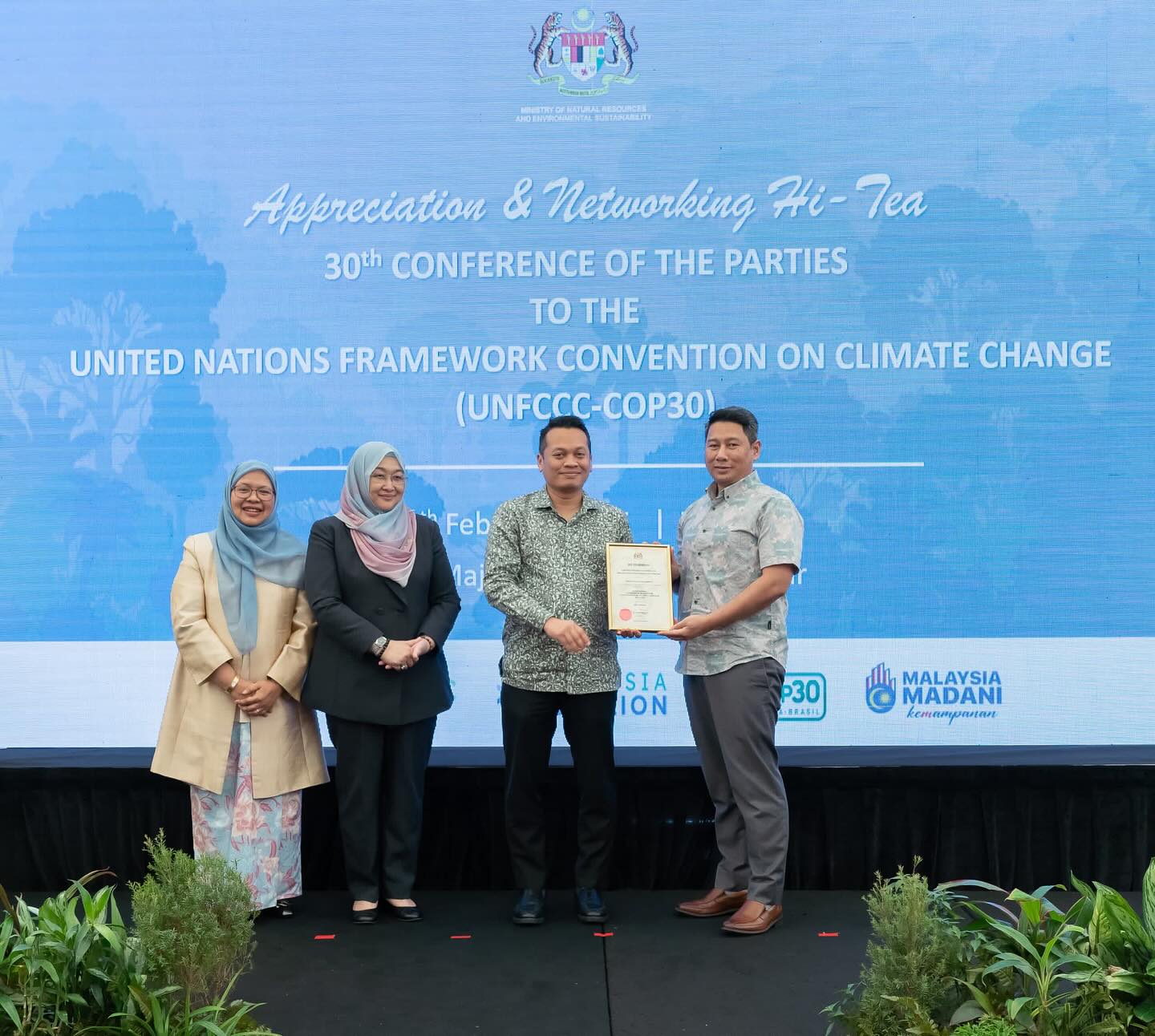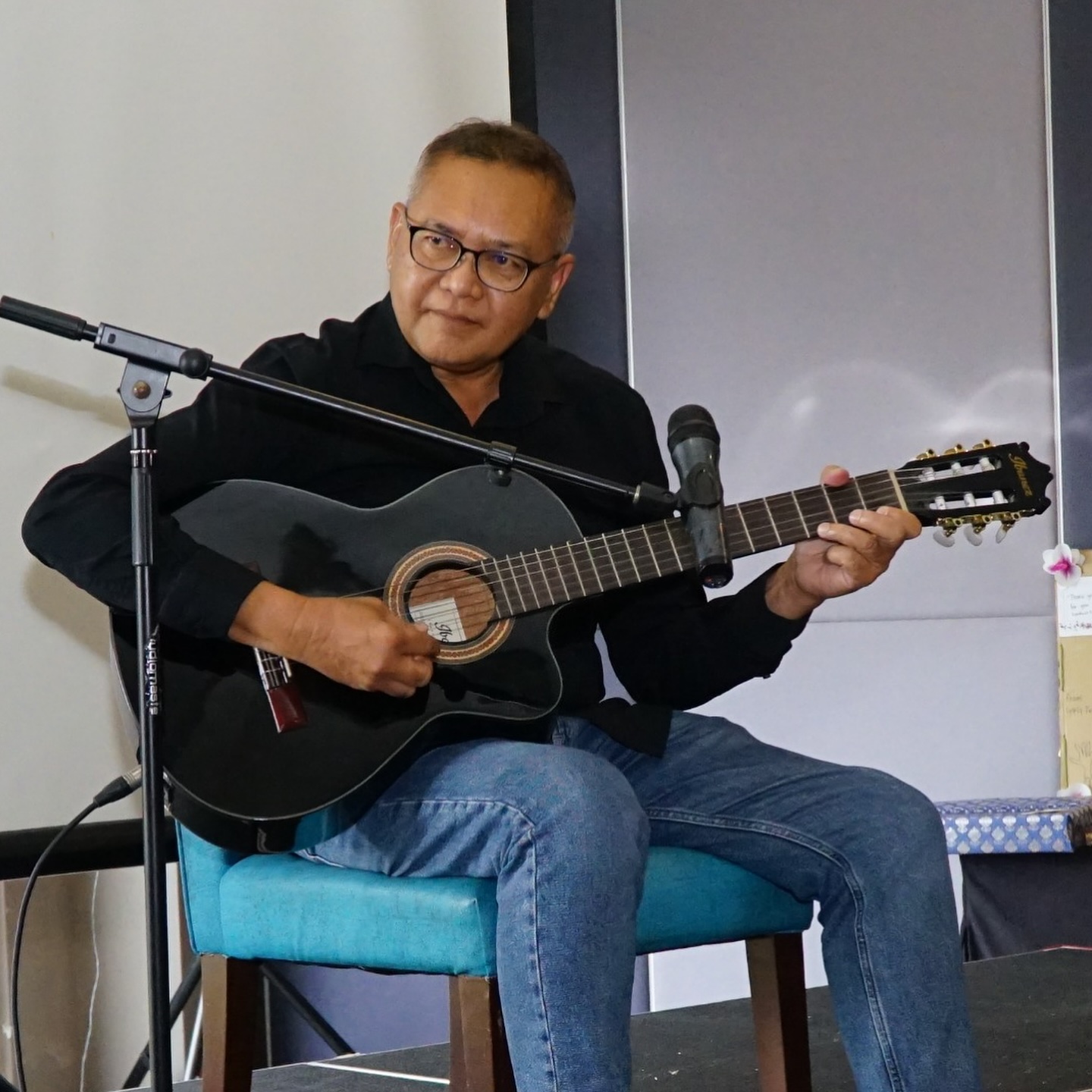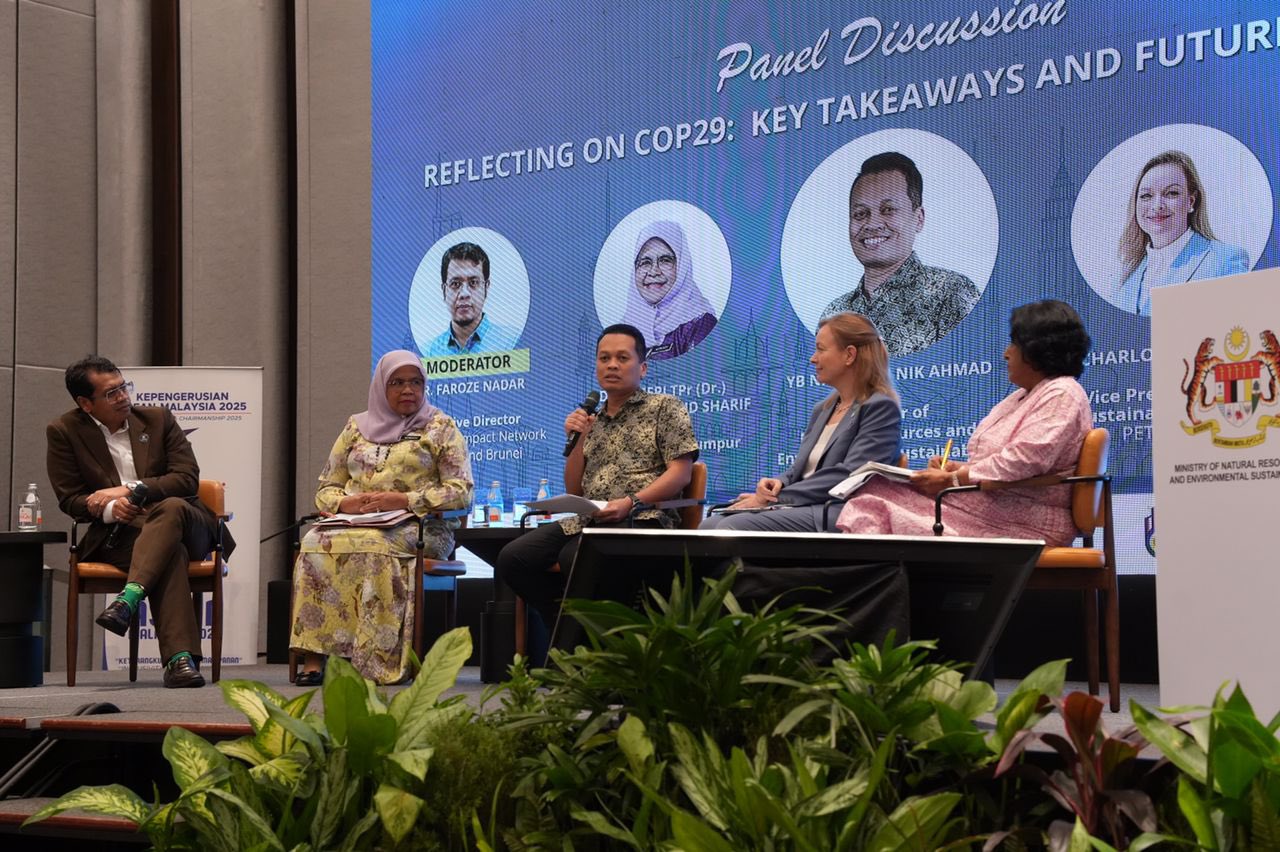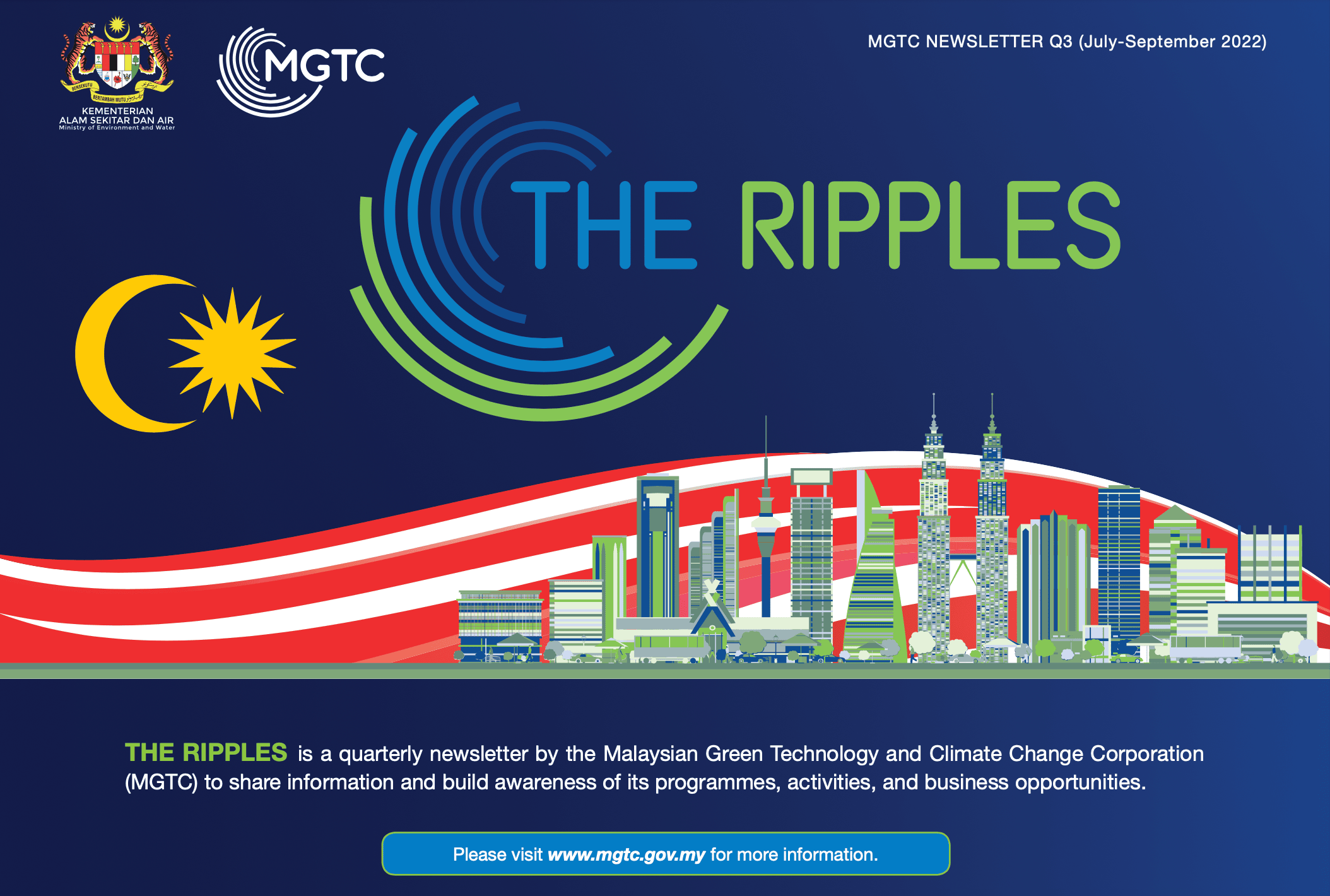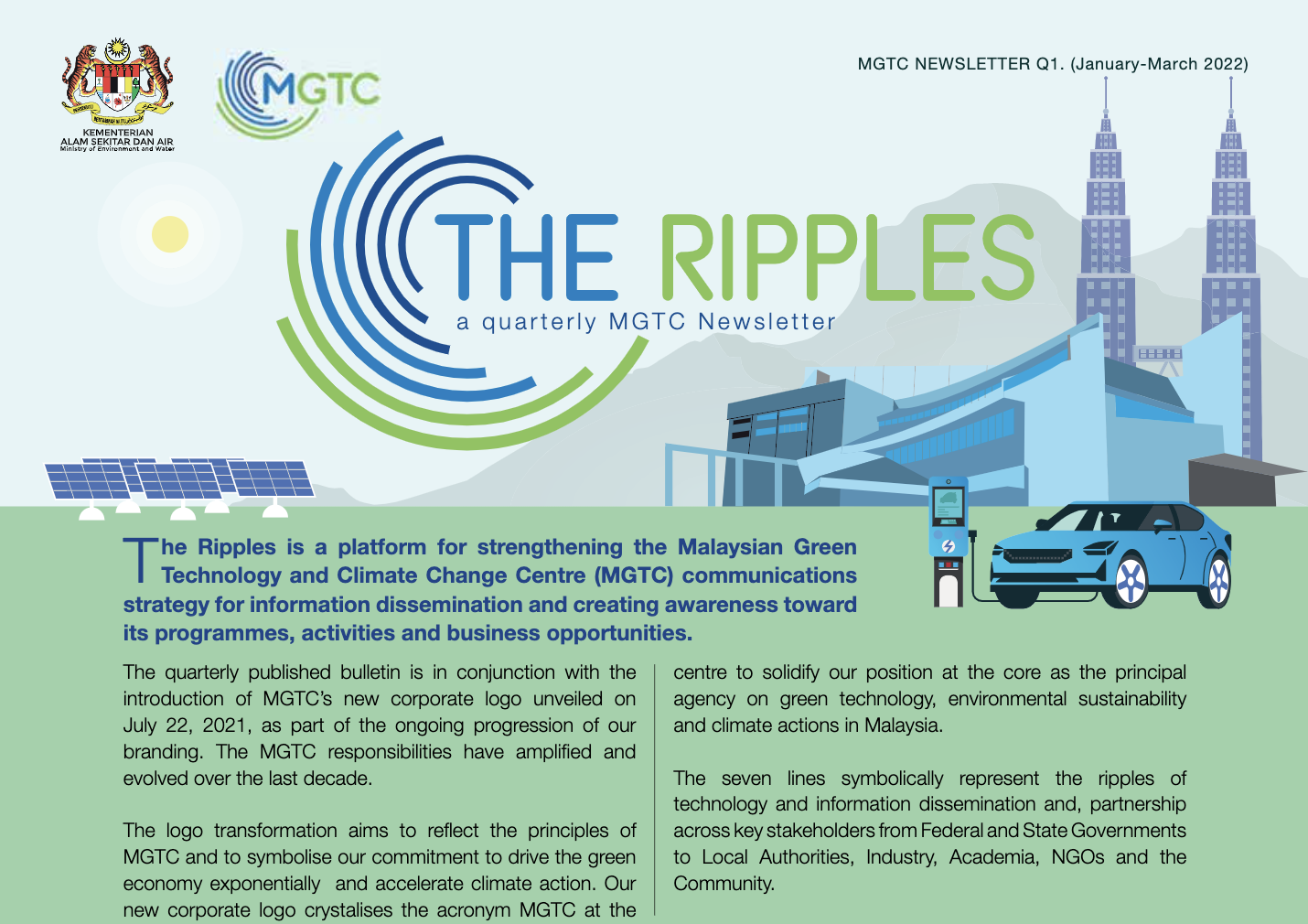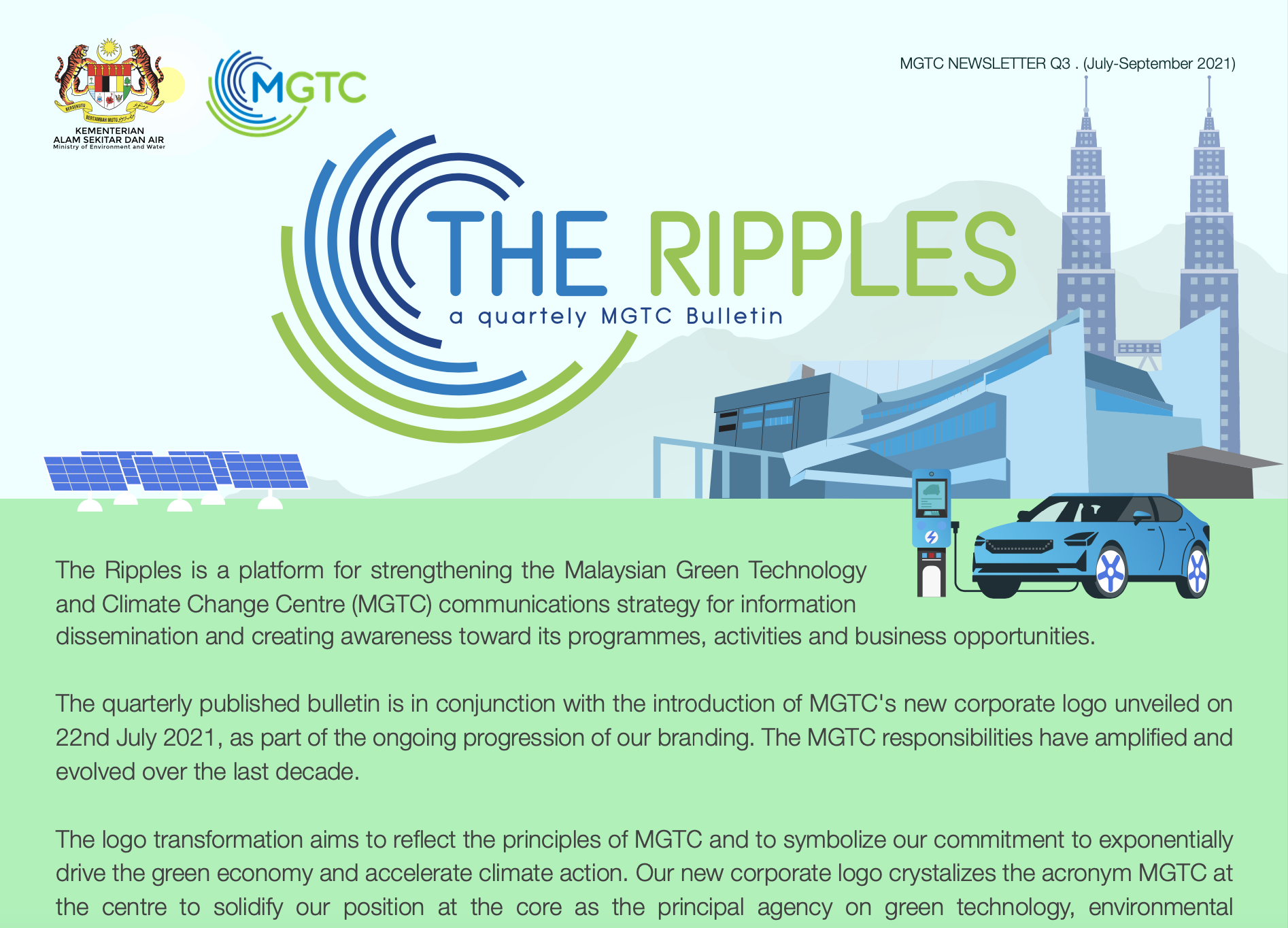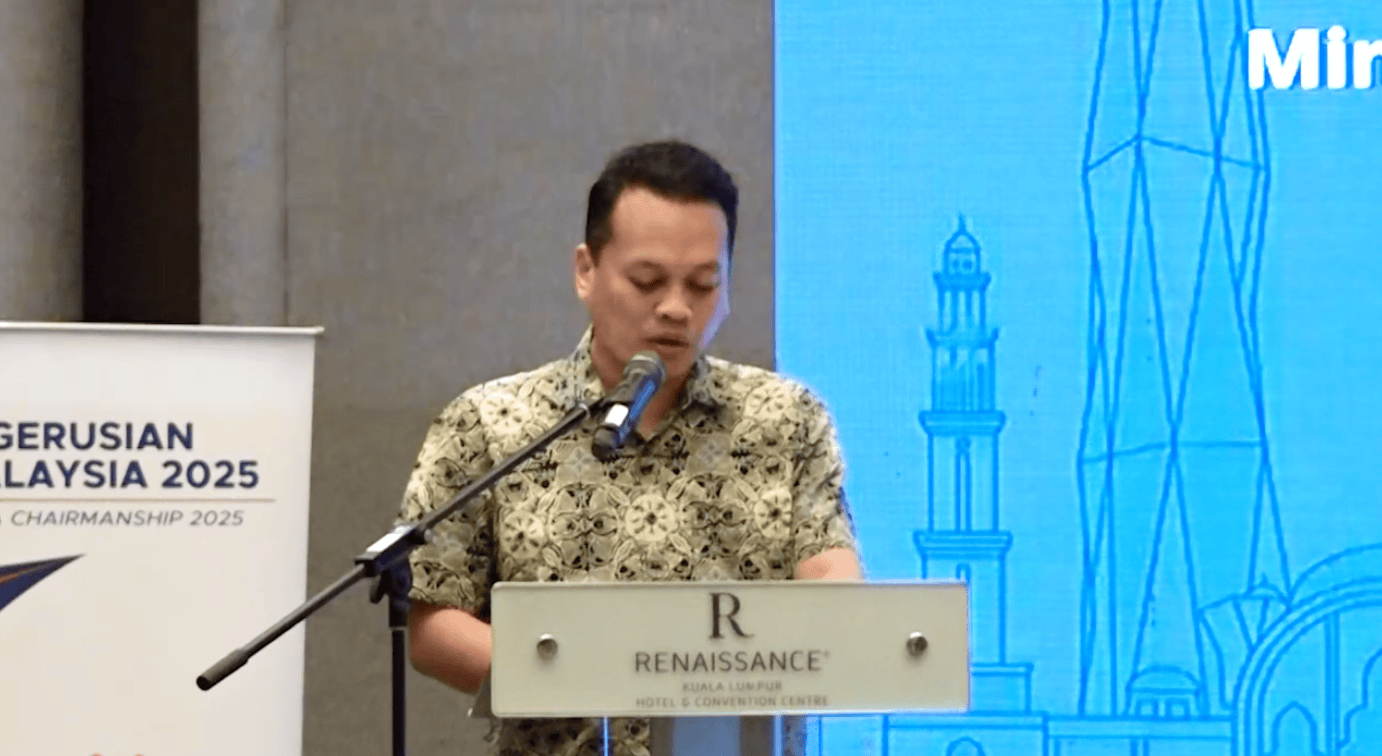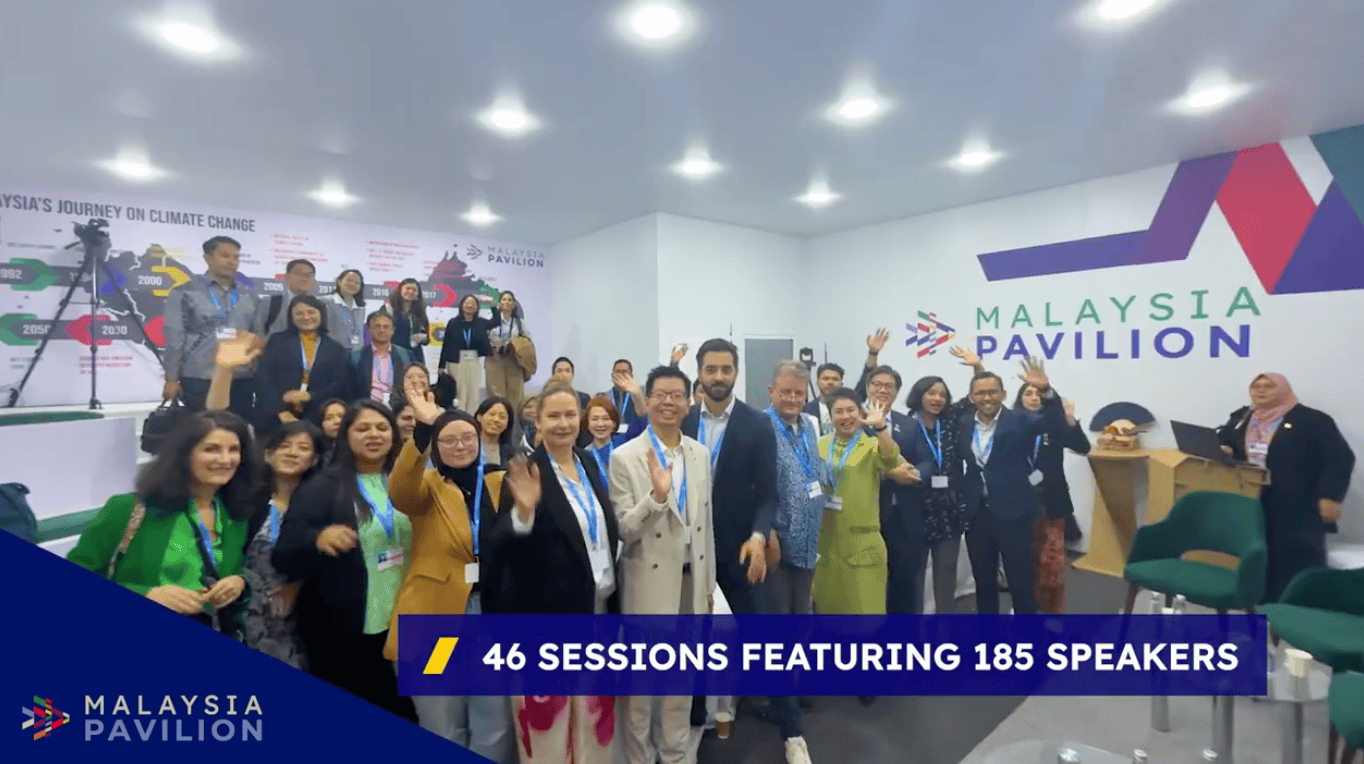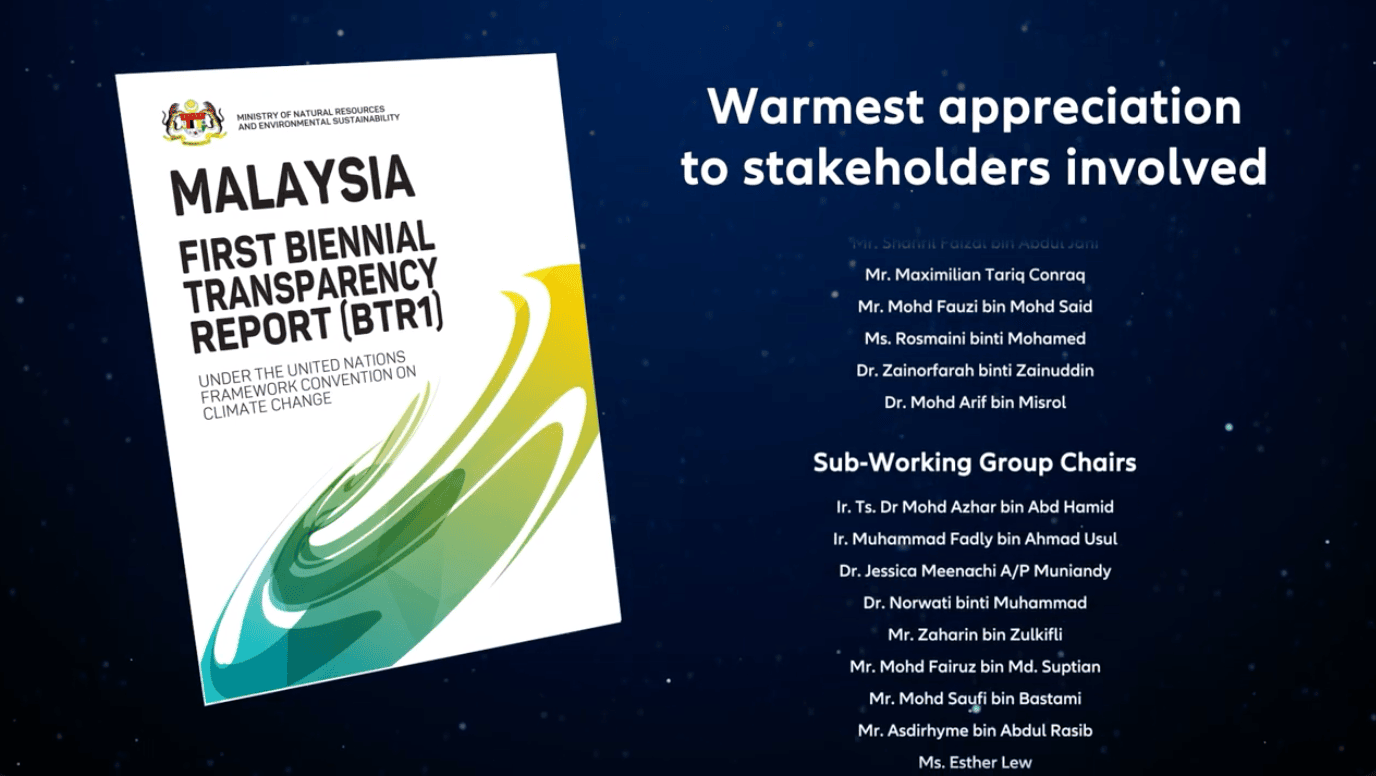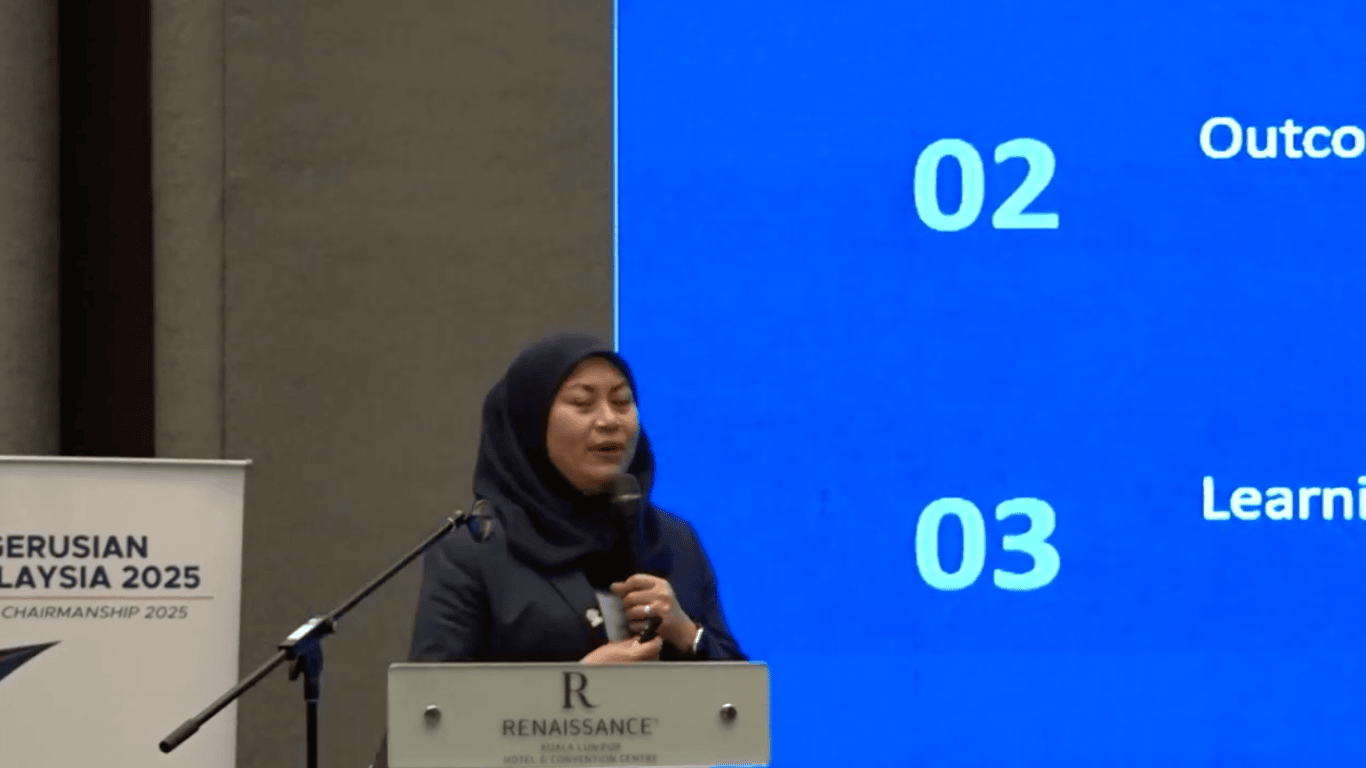
Battery Electric Vehicles (BEVs) and Hydrogen Fuel Cell Vehicles (FCEVs) could be rolling off a production line in Sarawak as new in-progress plans have come to light.
Malaysia’s attempt to get ahead of the curve by establishing itself as a hub for the manufacture, assembly, and sale of post-combustion, zero-emissions vehicles might involve more than just the proposed Automotive Hi-Tech Valley (AHTV) in Tanjung Malim.
As reported by The Borneo Post, Dr Hazland Abang Hipni, Sarawak’s Deputy Minister of Energy and Environmental Sustainability says the wheels are already in motion to set up an FCEV plant assembly near Kuching. And soon.
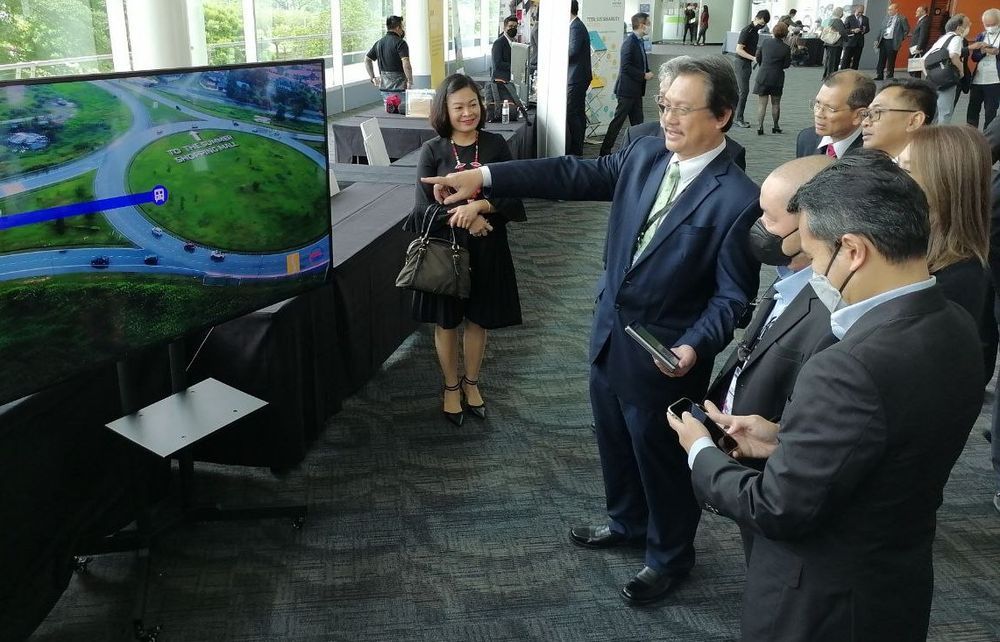
Sarawak to get FCEV plant
He was hesitant to provide additional details but did say that the plant is tentatively being built by a foreign company as part of the state government’s overall investment in the renewable energy economy.
During a press conference after officiating the 18th International Conference on Clean Energy 2022 at the Borneo Convention Centre last week, he revealed that in addition to promoting and facilitating the establishment of new manufacturing facilities, Sarawak will seek to import more hydrogen-powered vehicles to be used by Cabinet members and government officials.
In his speech, he pointed out that due to the Sarawak’s land area being 65% covered by forests and greenery, they are technically “a carbon-negative state”, meaning that more CO2 is absorbed from the atmosphere than is being released.
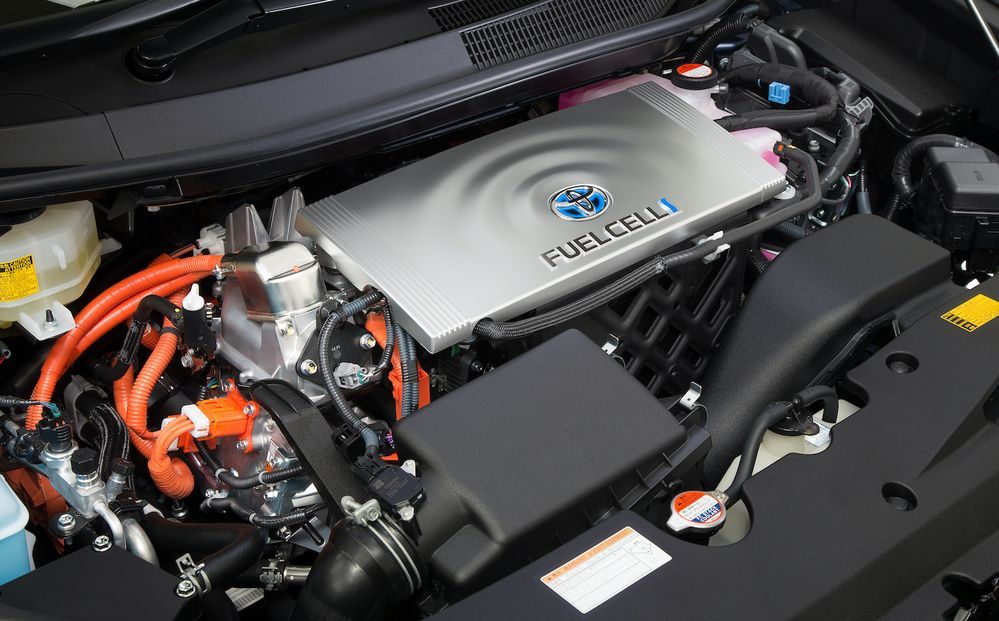
On a larger and more long-term scale, the rationale behind their championing of these initiatives is ultimately to reduce the price of such vehicles (including EVs) for Malaysians, specifically those residing within the state.
“During our visits to Norway recently, 75 percent of the vehicles there are EVs and they could do it in four years. When I asked them how they managed to do it, the answer given was it was due to the craze over Tesla vehicles.”
By comparison, Dr Hazland said that an EV from a Japanese automaker would cost about RM140,000 – far from affordable for most drivers. Meanwhile, a Tesla might cost double that amount and is not even offered for sale here officially.
Hydrogen – Energy of the future?
In neighbouring Indonesia, their federal government is making headway to lure in numerous major automakers to invest additional resources into establishing regional manufacturing and fabrication hubs due to their large reserves of raw materials, many of which are crucial to the production of lithium-ion batteries, for example.
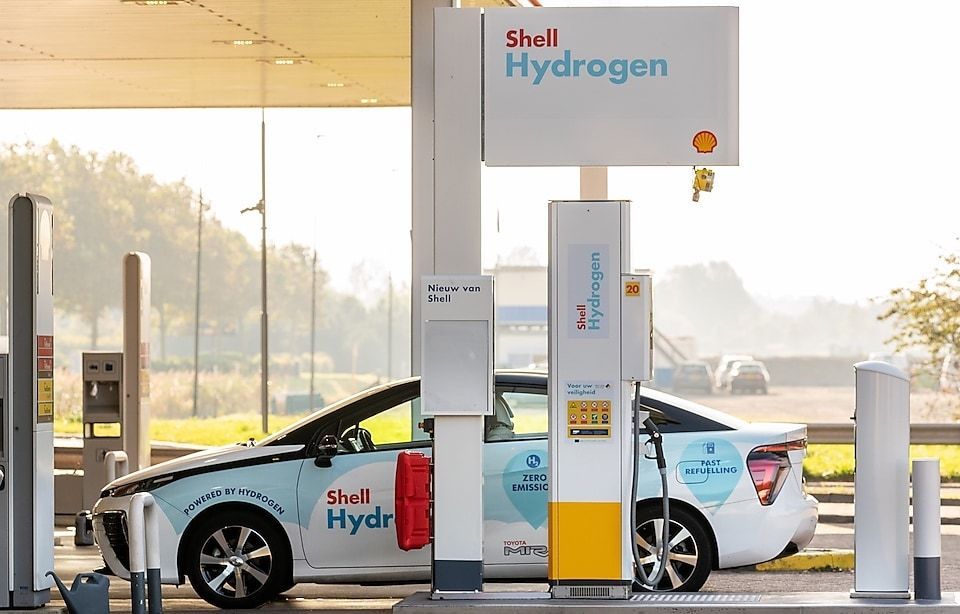
Sarawak’s approach is more hydrogen-centric given Dr Hazland’s big bet that it “is going to be the energy of the future”, keen to offer a favourable business climate to encourage renewable energy generation.
Bintulu is the location of choice for a Japanese and South Korean company, which are both setting up hydrogen production plants to be exported back to their home markets, each capable of producing roughly 100,000 tonnes of hydrogen.
Should the state government be successful in executing its plan, Sarawak could be a template for many other states to follow. If not for the rampant welcoming of production and assembly facilities, then for its use of clean energy sources such as hydroelectricity and the upcoming solar farm project at Batang Ai and Bakun Dam.
Source : Carlist.my





